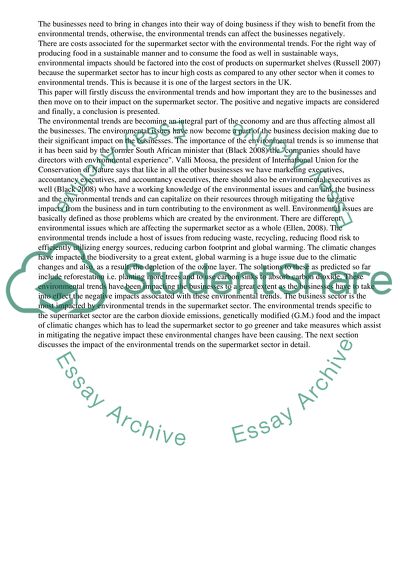Cite this document
(Environmental Trends and their Impact on the Supermarket Sector Term Paper, n.d.)
Environmental Trends and their Impact on the Supermarket Sector Term Paper. Retrieved from https://studentshare.org/business/1502019-environmental-trends-in-supermarket-sector
Environmental Trends and their Impact on the Supermarket Sector Term Paper. Retrieved from https://studentshare.org/business/1502019-environmental-trends-in-supermarket-sector
(Environmental Trends and Their Impact on the Supermarket Sector Term Paper)
Environmental Trends and Their Impact on the Supermarket Sector Term Paper. https://studentshare.org/business/1502019-environmental-trends-in-supermarket-sector.
Environmental Trends and Their Impact on the Supermarket Sector Term Paper. https://studentshare.org/business/1502019-environmental-trends-in-supermarket-sector.
“Environmental Trends and Their Impact on the Supermarket Sector Term Paper”, n.d. https://studentshare.org/business/1502019-environmental-trends-in-supermarket-sector.


